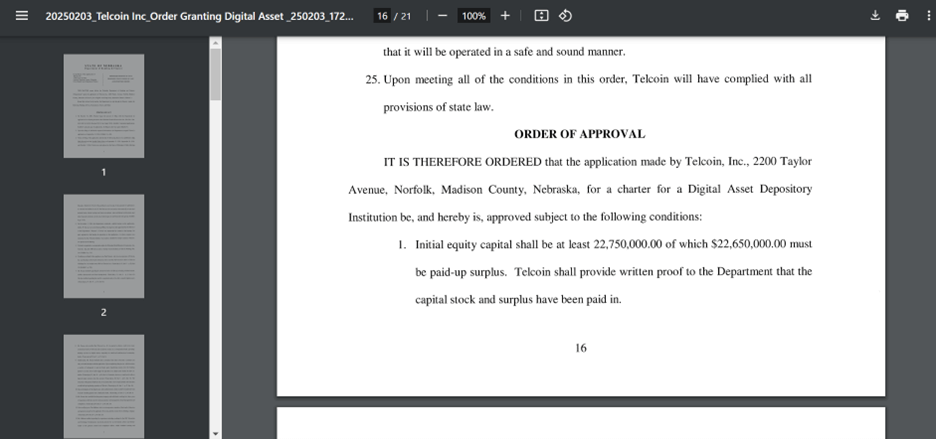- The lawsuit claims DOGE has been given “unlawful” access to personal and financial information
- The sensitive information includes names, addresses, bank details, social security numbers, birth dates, and email addresses
US union groups have sued the US Treasury and Treasury Secretary Scott Bessent for allowing Elon Musk’s DOGE agency to access individuals’ personal and financial information.
The Alliance for Retired Americans, American Federation of Government Employees (AFGE), and the Service Employees International Union (SEIU) filed the lawsuit in a Washington, DC federal court.
All three groups are affiliated with the American Federation of Labor and Congress of Industrial Organizations (AFL-CIO), an umbrella group with over 50 unions representing over 12.5 million workers.
According to the lawsuit, within a week of being sworn in, Bessent presented DOGE-affiliated individuals with “unlawful ongoing, systematic, and continuous disclosure of personal and financial information”.
The lawsuit adds that Musk and his team had previously sought to access the Bureau’s records; however, they were rebuffed by a civil servant who has since been put on leave by Bessent.
“The scale of the intrusion into individuals’ privacy is massive and unprecedented,” the 19-page lawsuit reads. “Millions of people cannot avoid engaging in financial transactions with the federal government and, therefore, cannot avoid having their sensitive personal and financial information maintained in government records.”
The sensitive information includes names, social security numbers, birth dates and birthplaces, home addresses, telephone numbers, email addresses, and bank account information.
Lawsuits filed
Following President Donald Trump’s election win in November, Trump confirmed that Musk and entrepreneur Vivek Ramaswamy would lead DOGE to “dismantle government bureaucracy.”
Since then, the DOGE agency, reportedly, had three lawsuits filed against it minutes after Trump was sworn in last month.
In a 30-page lawsuit, public interest law firm National Security Counselors questioned the legality of DOGE.
According to the complaint, DOGE violates the Federal Advisory Committee Act (FACA), which requires advisory committees to follow certain rules, including allowing public involvement.
National Security Counselors state that DOGE meets the requirements to be considered a “federal advisory committee.” Yet, while similar agencies follow a “fairly balanced” representation, keep meeting records, and allow public involvement, as required by law, DOGE doesn’t.
The post US unions sue Treasury Department after letting Musk’s DOGE access personal financial information appeared first on CoinJournal.

